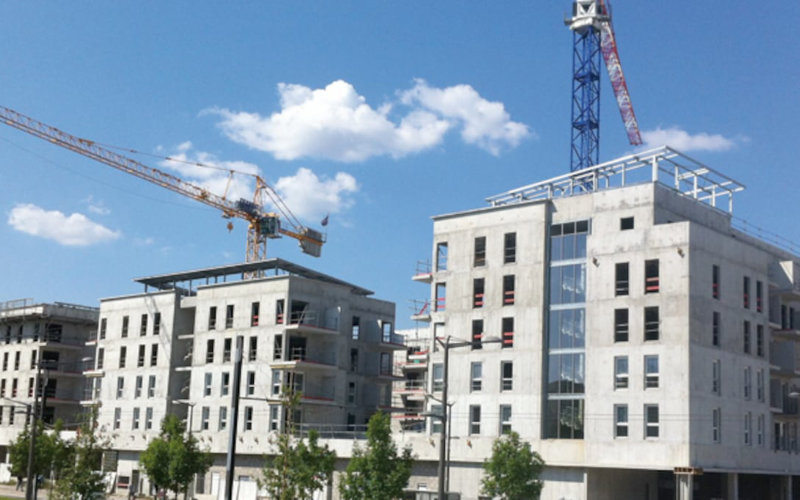Morocco’s World Cup 2030 Plans Drive Soaring Land Prices Amid Rapid Urbanization

In Morocco, rapid urbanization is fueling a surge in land prices, particularly in areas set to host major infrastructure projects for the 2030 World Cup.
The urbanization rate in Morocco reached 62.8% in 2024, compared to 60.3% in 2014 and 55.1% in 2004, according to Les Inspirations Éco, adding that it could rise to 73.6% by 2050. This continuous increase is leading to a surge in land prices, particularly in peri-urban and rural areas where demand for land is rising sharply. Similarly, 90% of local authorities are covered by urban planning documents, which facilitates the approval of urban projects, planning of public facilities (especially roads), as well as the creation of industrial, logistics, commercial, and tourist zones, highlights the specialized media.
However, this dynamic is fueling speculation in peri-urban areas targeted to host major infrastructure projects related to the 2030 World Cup, indicates the daily, specifying that cities such as Agadir, Casablanca, Fez, Marrakech, Rabat, and Tangier concentrate about 29 million inhabitants out of the 36 million that make up the Moroccan population. Urbanization has also affected many agricultural areas located outside urban perimeters. Nearly 120,000 hectares, including 55,000 for economic activities and 61,900 for housing, have been concerned since the joint circular of April 29, 2022, authorizing the issuance of non-agricultural vocation certificates (AVNA).
Urban development plans, rural agglomeration development plans, as well as sectoral and restructuring plans are planned to support this dynamic. In this regard, the Ministry of Housing has relaunched the study of the prospective development scheme for metropolitan systems at the national level. Costing 2.8 million dirhams, this study will be conducted in two phases: one will focus on territorial diagnosis and international benchmarking, and the other on developing a strategic vision. It should be completed in December 2026 and aims to rebalance the kingdom’s territorial development, in anticipation of the 2030 World Cup.
Related Articles
-

Illegal Beach Sand Mining Near Tangier Sparks Environmental and Economic Outcry
4 September 2025
-

Surveillance Footage Exposes Tourist Robbery Ring in Tangier Court Drama
4 September 2025
-

Rif Protest Icon’s Father Dies: Ahmed Zefzafi’s Passing Reignites Hirak Movement Debate
3 September 2025
-

Gulf Tourists and Moroccan Women Arrested in Marrakech Prostitution Sting
3 September 2025
-

Groom’s Secret Past Exposed: First Wife Crashes Moroccan Wedding, Halting Ceremony
3 September 2025